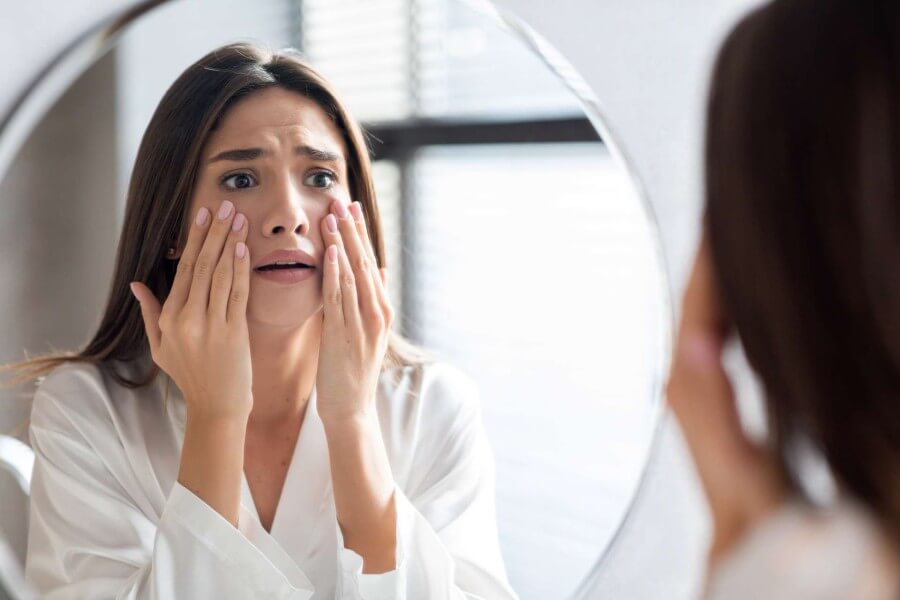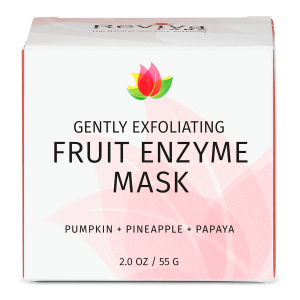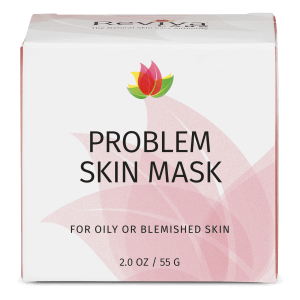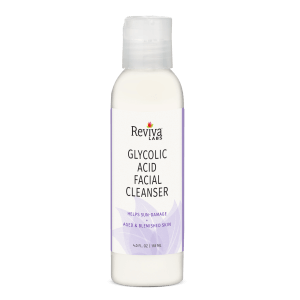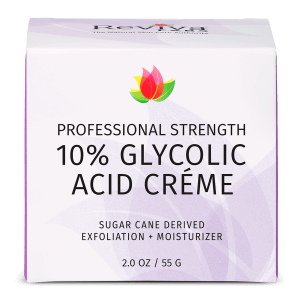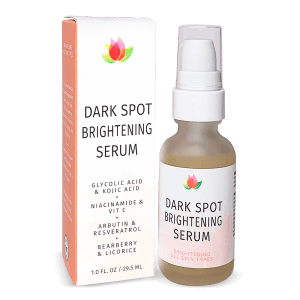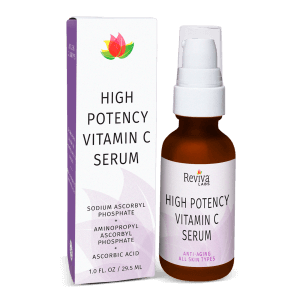Ingredients, Natural, Skin Care
Debunking DIY Skincare: Unmasking the Hidden Hazards of Homemade Remedies
The appeal of a natural skincare regimen can be enticing. The promise of a chemical-free solution that is cost-effective and easy to whip up in your kitchen seems like the ultimate skincare hack. However, it is essential to understand that not all natural ingredients are created equal, and some could potentially wreak havoc on your skin.
In this comprehensive guide, we will unmask the truths about certain DIY skincare ingredients that could pose more dangers than benefits. Let’s delve into the world of DIY skincare and understand why certain common household ingredients should stay in your kitchen and not on your skin.
1. The Sour Truth About Lemons

Lemons, with their high vitamin C content, are often hailed as a panacea for skin issues. However, applying lemon juice directly onto the skin can lead to serious repercussions. Why?
High Acidity
Lemons are highly acidic. When applied to the skin, they can cause irritation, redness, and even blistering and dryness. This is especially true if the skin is exposed to the sun after application, as it can lead to sunburn.
Phototoxicity
Lemon juice can cause a condition called phytophotodermatitis, an inflammatory skin reaction that occurs when you apply it to your skin and then expose your skin to sunlight. This can lead to blistering and hyperpigmentation.
So, while the antioxidative properties of vitamin C in lemons may help brighten the skin, the potential harm outweighs the benefits.
2. The Oil Spill: Coconut and Olive Oil
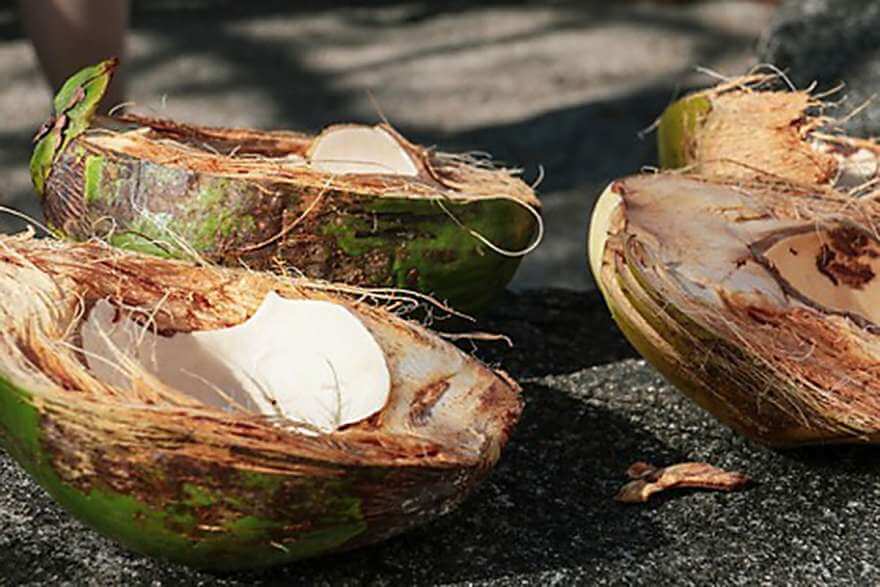
Oils, specifically coconut and olive oil, are often used in DIY skincare. While they can be beneficial for dry and dehydrated skin in moderation, they are not suitable for all skin types.
Comedogenic Nature
Coconut oil is highly comedogenic, meaning it can clog pores and lead to acne breakouts. It is therefore not suitable for those with acne-prone or oily skin.
Sebum Production
Olive oil, too, can increase sebum production, leading to breakouts. Always remember, what works for one skin type may not work for another.
3. Baking Soda: Not Your Skin’s Best Friend
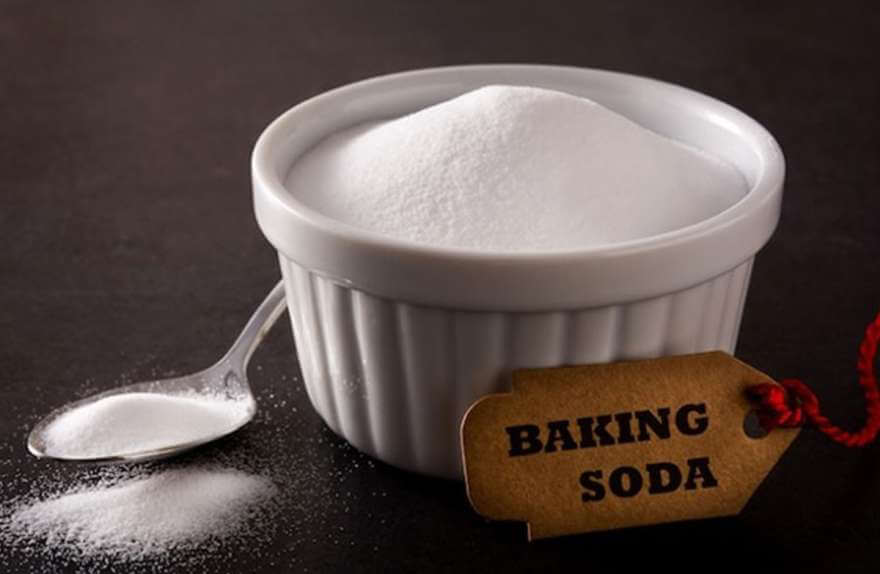
Baking soda is another common DIY skincare ingredient. It is often used as a cleanser or exfoliant. However, it can disrupt the skin’s natural pH balance, leading to a host of skin issues.
Alkalinity
Baking soda is highly alkaline. Your skin, on the other hand, is slightly acidic. When you apply baking soda to your skin, it disrupts the acid mantle – the skin’s protective barrier – altering the pH and stripping the skin of its natural oils and moisture.
Irritation
This disruption of the skin’s natural pH can lead to irritation, inflammation, redness, and dryness. Continual use can even lead to irregular natural oil production.
4. The Vinegar Verdict
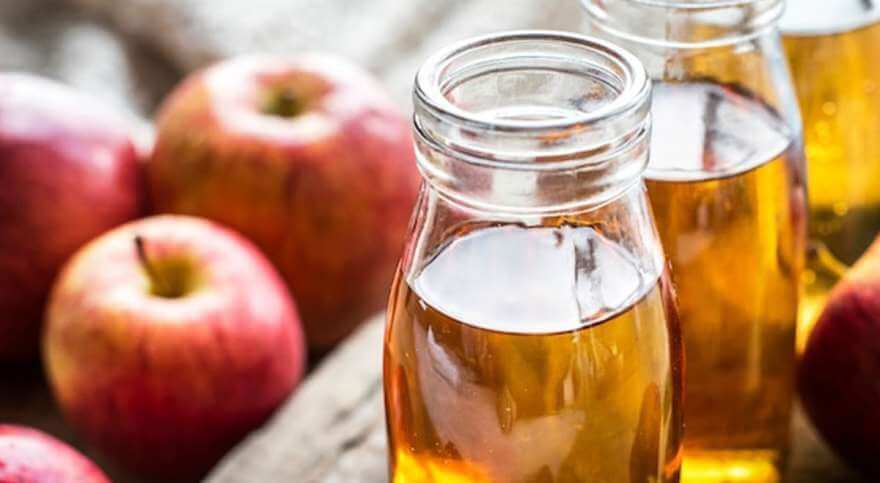
Apple cider vinegar is known for its antibacterial and anti-inflammatory properties. However, like lemons, it is highly acidic and can alter your skin’s pH levels, leading to skin irritation and dryness.
Over-exfoliation
Excessive use of vinegar can over-exfoliate the skin, leading to dryness and irritation. If you have a history of contact dermatitis or atopic dermatitis, avoid using vinegar in your skincare routine.
5. Toothpaste: Not for Your Zits
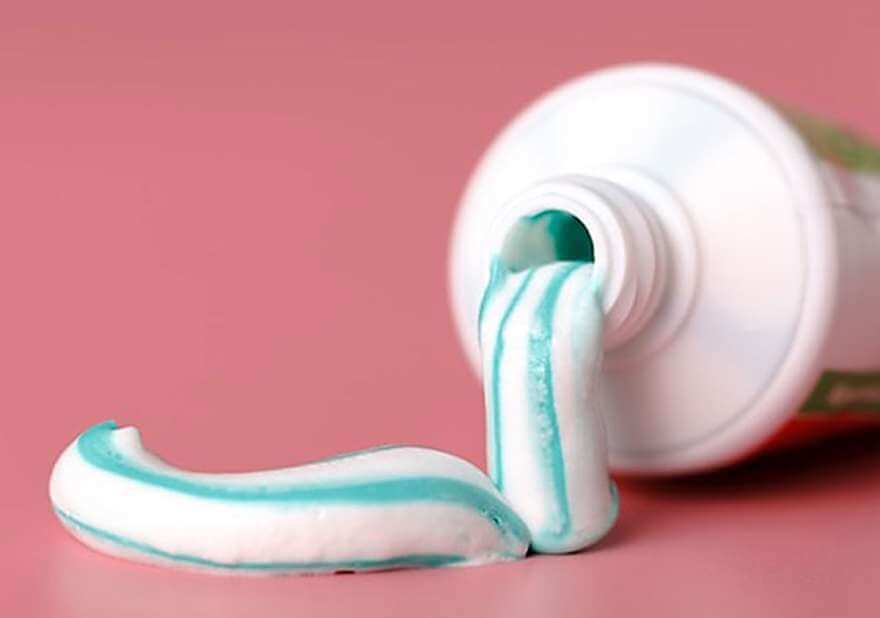
Using toothpaste as a spot treatment for acne is a myth that’s been around for years. However, toothpaste contains triclosan, which can cause irritation and aggravate acne, leaving your skin feeling sore for days.
6. The Sugary Scrub Downfall
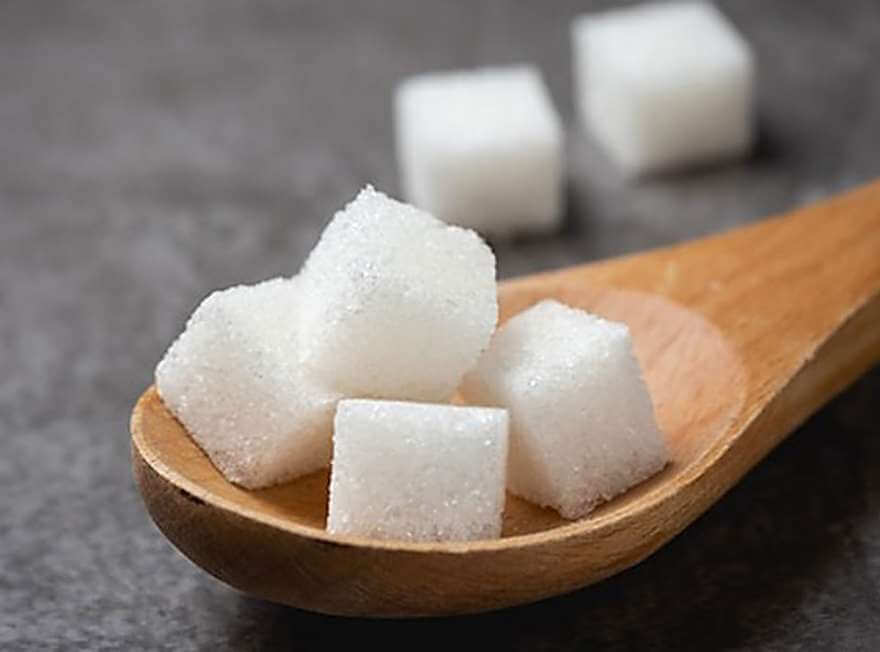
White sugar is often used in DIY face and body scrubs. However, the granules in sugar are too big and abrasive for the skin, causing micro-tears that can lead to inflammation and irritation.
7. Cinnamon: Spice Up Your Food, Not Your Skin

Cinnamon, while beneficial when consumed, can cause skin discoloration and even a burning sensation when applied topically. Other spices like nutmeg and black pepper powder can also be harsh on your skin.
8. Raw Eggs: A Salmonella Risk
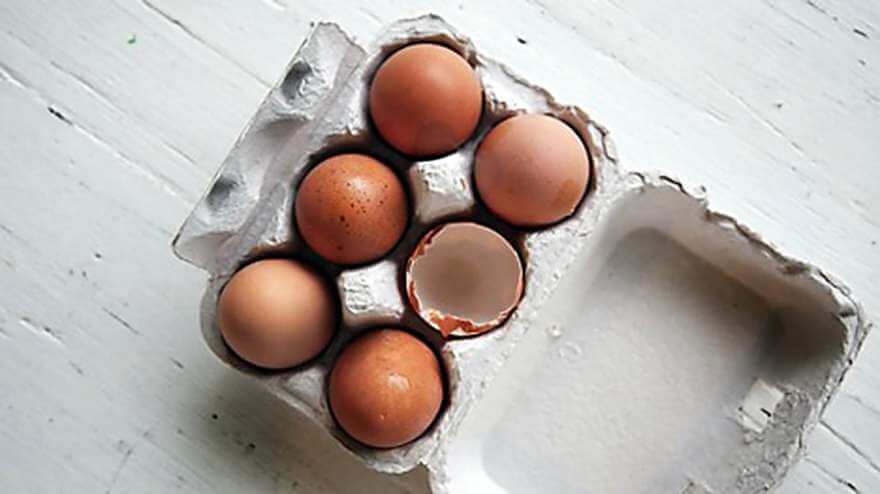
Raw eggs in DIY skincare can pose a risk of salmonella infection. Even if the risk is relatively rare, it’s best to avoid this ingredient in your homemade skincare recipes.
9. Mayonnaise: Good for Your Sandwich, Not for Your Skin
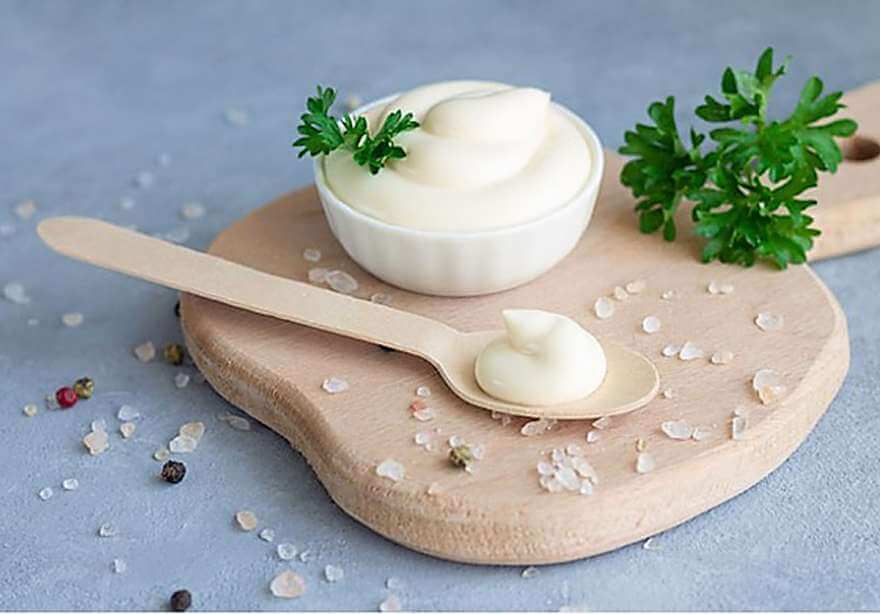
Mayonnaise, while delicious on a sandwich, should not be rubbed into your skin. High in oil and fat, it can clog pores and lead to breakouts.
10. The Bottom Line
DIY skincare can be a fun and cost-effective way to treat your skin at home. However, it’s crucial to be aware of the potential dangers of certain ingredients. Always consult with a skincare expert before trying new treatments at home and remember to do a patch test before applying anything new to your skin.
While DIY skincare has its place, it should not replace professional skincare treatments. For proper skincare solutions, consider seeking professional help to assess your skin type and find tailored skincare solutions. Your skin is unique, and it deserves the best care possible. Reviva Labs offers 50 years of experience formulating safe, effective skincare. Plus, we offer Free Virtual Skincare Consultations!



